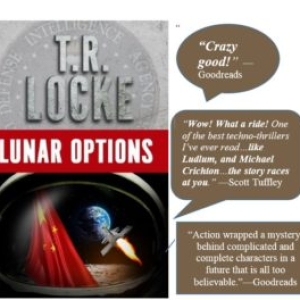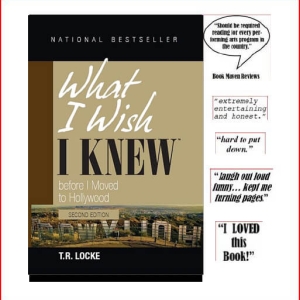Don’t Believe the Hype–Why AI Can’t Write Your Novel

While AI has made significant strides in generating coherent and engaging text for articles, essays, and reports, there are still major weaknesses that make it unsuitable for writing long-form content like novels. Here are some of the biggest challenges facing AI regarding writing fiction books. I’ll discuss non-fiction books in the next article.
- Lack of Creativity: One of the biggest challenges for AI in writing fiction books is its lack of creativity. AI is trained on patterns and existing data, and while it can generate new text that fits with those patterns, it struggles with truly original ideas and approaches. Writing a book requires the ability to develop characters, plot arcs, and themes that are unique and engaging, something that is difficult for AI to accomplish. AI will happily mimic someone’s style, but that’s not likely to impress an audience and could get the “author” sued. It’s interesting the number of lawsuits today bought by artists against AI art models like MidJourney and Dall-E because they copy the artistic styles of various artists.
- Limited Contextual Understanding: AI struggles with understanding context, especially in complex situations. While AI can generate coherent sentences and paragraphs, it often lacks the depth of understanding needed to convey complex emotions or nuanced meanings. This can lead to flat characters, stilted dialogue, and other issues that detract from the quality of the writing. It can also lead to simply copying characters from other works of fiction.
- Inability to Self-Edit: While AI can generate text, it cannot revise and edit it in a way that improves the overall quality of the writing. Writing a book requires multiple rounds of editing and refinement, something that is currently beyond the capabilities of AI.
- Difficulty with Long-Term Coherence: AI is great at generating text that is coherent in the short term, but it struggles with maintaining coherence over longer pieces of writing. This can lead to plot holes, inconsistent characterizations, and other issues that detract from the overall quality of the writing. AI is currently limited in the number of characters that can be input to generate writing. Because of this, AI often forgets what it wrote earlier and may rewrite the same material again later or change names, locations, and other details to make long-form books incoherent, repetitive, and inconsistent.
- Lack of Emotional Intelligence: Writing a novel requires a deep understanding of human emotions and motivations, something that AI simply cannot understand. While AI can generate text that describes emotions and actions, it cannot capture the complexity and depth of human experience. This can make the writing feel flat and unengaging, even if the language itself is technically correct.
Overall, while AI has made significant strides in generating coherent and engaging text, there are still some fundamental challenges that make it less suited for writing long-form content like novels. While it may be possible to use AI as a starting point or inspiration for longer works, it will not replace human novelists anytime soon. The human touch of creativity, emotional intelligence, and contextual understanding are essential for creating truly compelling and engaging works of literature. If your goal is to simply copy something and throw it out there, AI might help you. If you seriously intend to convey your own unique story, and you don’t have the time or ability to write yourself, engaging a ghostwriter who can interview you, and understand your goals, point of view and personal style, experiences, and voice will not only help you produce a book you can be proud of but will save you the expense of hiring that ghostwriter to edit everything the AI spit out.
By the way, when you see someone on a site like Elance or Fiverr offering to ghostwrite your book for $1000, you can bet they are trying to use AI to do it or they are non-native English speakers, getting a great exchange rate on the US dollar. If it seems too good to be true, you should know it is. AI and those services are great for some (not all) types of research (see my next article on non-fiction and AI’s limitations with it), idea generation, and short-form writing such as articles and newsletters or returning emails, but they won’t write a book any publisher (not even a self-publisher) will be proud to publish. If you want to write a book but lack the time or ability to do so, hiring a qualified, proven, and published ghostwriter is the best investment you can make.
- AI’s Achilles Heel(s): Long-Form Sustained Thought and Truthfulness - February 17, 2023
- Don’t Believe the Hype–Why AI Can’t Write Your Novel - February 16, 2023
- Can You Make Money from Writing Your Book? - October 1, 2019
Comments are closed.












